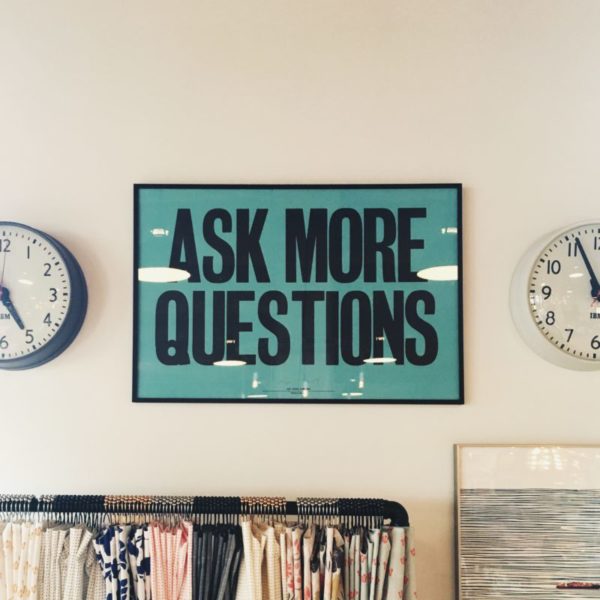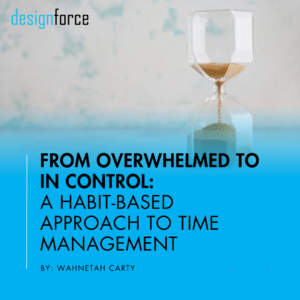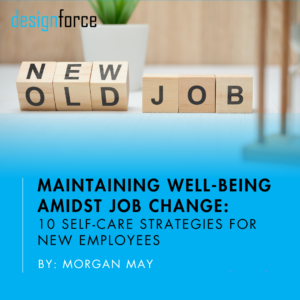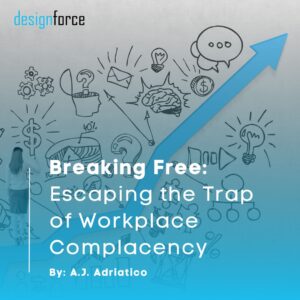Tracking your health vs. tracking your career

Tracking your health
Personal health and well-being, that goal we never seem to meet. Whether it’s to give up your food vice, run that half marathon you always talk about, or cut back on the 1 happy hour drink that always turns into 2-3, we all have a goal that we are striving to achieve. Maybe you never meet it because you just don’t have time to make it a priority or maybe you just haven’t set an achievable goal for yourself to attain. Setting goals and tracking your health has a number of benefits to aid in your personal health journey – accountability, mindfulness and incentive to name a few. Say Fitbit is your tracker of choice, you can track your food, steps, heart rate, sleep, and custom set all of the settings to be geared towards your goal – walking more, eating healthier, sleeping more, whatever it is. What better way to hold yourself accountable and be mindful of your actions than having your daily actions at your fingertips. When you have to write down that third latte you had from Baked & Wired (and that cupcake) you think twice about it.
Why track your health? Because measuring your progress is the best way to see and get the results that you want. As a society we are more focused on tracking our fitness and health that we have ever been before. But more and more we are focusing on the sole pursuit of physical fitness and wellness than pursuing a more holistic goal – well-being. By definition the key elements of well-being include: career; physical; emotional; social; financial; community.
It’s logical that the health of your career and how happy you are with it is one of the key elements for holistic well-being. The question is, how are you tracking your career? Just like you have personal health goals, most people have professional goals as well. Reaching a certain level, performing a specific task, getting a new title, making more money, getting that dream job. Why wouldn’t you set specific, attainable goals for yourself professionally and track your progress? After all, if you can’t measure it – you can’t manage it. The goal setting and tracking method is without a doubt the most recommended way to continue personal growth long-term.
Tracking your career
In theory your resume is a log of your accomplishments and tracks your project typologies, project size, scope of project, leadership responsibilities. But few people keep their resume updated and detailed. And a resume doesn’t allow you to track goals or your progress towards them.
So how should you track your professional career? The first step is establishing what your goals are.
STEP 1
- What are your goals as a design professional?
- Reaching a certain level (principal)?
- Starting your own company?
- Working for your dream company?
- Being lead on a project?
- Work on a specific type of project?
- Getting published?
- Winning a specific honor or award?
- Becoming a leaders in a professional organization?
- Teaching?
- Use your talent for a social cause?
STEP 2
- What steps do you need to take to achieve those goals?
- Take a course?
- Pursue a certification?
- Network with the right individual?
- Develop a new skill?
- Create a business plan?
- Write an article or submit a proposal to speak?
- Document a project and enter a design competition?
- Join a professional organization and volunteer?
- Investigate options for volunteering?
STEP 3
- How to track your project?
- Establish some timeframes for each step
- Set time aside to bi-annually track your project
You’ll likely have to update and refresh your plan occasionally as well as your goals and opportunities may change as you advance in your career.
So we are spending more time and money focusing on our personal health, why not add your career to the mix? To really be holistic you shouldn’t just focus on bringing an apple to the office everyday but focus on if you are fulfilled in your current position and if you are seizing all of your career opportunities. Get that license or certification you are always putting off, ask to work on that project type you have always been interested in, interview at your dream company, or even call Design Force for help assessing your current position!*
*The last one is not mandatory, just recommended.

Related Posts
Let's learn together.
Stay inspired and in the know on all things A|E|C.
Sign up for our monthly newsletter.










